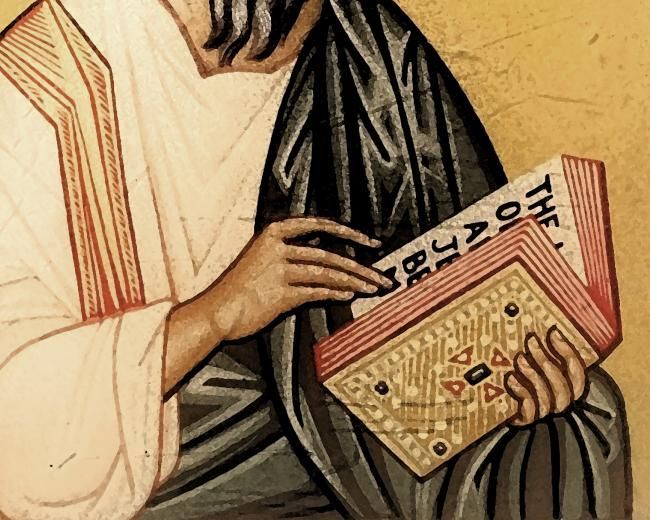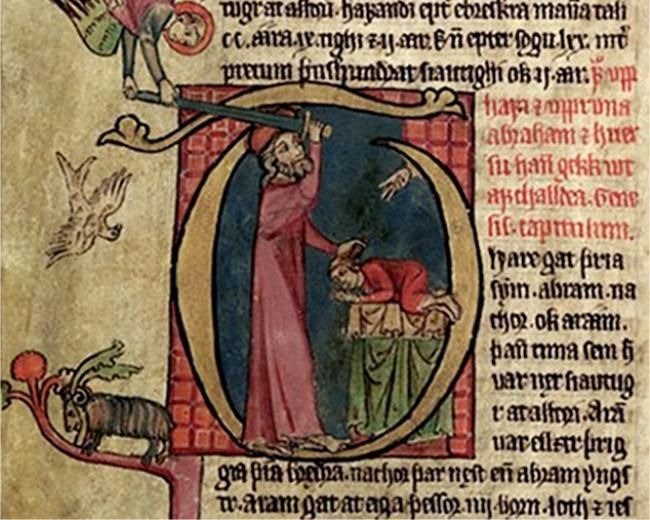So, I had to think more about these two radio interviewees and their message. One was the 27th presiding bishop of the Episcopal Church USA, the Most Rev. Michael B. Curry, whose latest best-selling book is titled The Power of Love. He spoke of the church needing to follow Jesus of Nazareth, to love God and neighbor. He said that anyone who does not do this cannot be called a Christian. When asked about how he would define “love,” he said that we see love most clearly in the sacrificial, selfless death of Jesus on the cross, who gave himself freely for all people. Bishop Curry said, "Jesus didn't give his life to appease an angry God - that is not good theology. He didn't die for that, he died because he loves."
Dr. Elaine Pagels was the other person I heard interviewed. Dr. Pagels is an American religious historian best known for her books on the Gnostic Gospels. These are the “gospels” which were written in the early days of the church age but not included in the canon of the New Testament. In the course of her interview she also mentioned the death of Jesus on the cross. The background to her comments on this subject was the story of the death of her only son at age six and then, a year later, the death of her husband in a hiking accident. She said something like, “no father would be so cruel as to put his son on a cross – this is not the answer to Jesus and the cross.” Pagels talks about all of this in her latest book, which she is currently promoting, titled Why Religion? A Personal Story.
To Dr. Pagels’ denial that God would put His Son on the cross, I would counter that the Son willingly went to the cross. In obedience to his Father's will, yes, but not forced. In Gethsemane, Jesus surrendered himself to his Father's will. Jesus earlier said, “I lay down my life for the sheep . . . The reason the Father loves me is that I lay down my life – only to take it up again. No one takes it from me, but I lay it down of my own accord” (John 10: 14b, 17,18).
Regarding Jesus’ giving his life to appease an angry God, another archbishop, Anselm (this one of the eleventh century), wrote in his great book Cur Deus Homo?
that God cannot simply forgive us as we forgive others. If we think this, we have not yet considered either the seriousness of sin or the holiness and majesty of God. There are four biblical concepts that must be considered here: “the gravity of sin, human moral responsibility, true and false guilt, and the wrath of God.” 2





